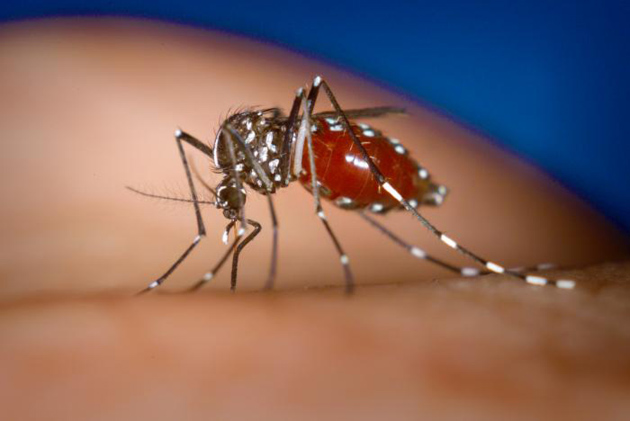In August 2013 San Pedro, Ambergris Caye had an outbreak of dengue and the Health Department and San Pedro Town Council worked arduously and quickly in providing intervention methods such as ultra-low volume (ULV) spraying, thermal spraying of houses, premises inspections, spraying of drains and issuing of bed nets to homes in high-risk areas for dengue.
Just as the Dengue scare passed us, the Belize Ministry of Health, confirmed that a 29-year-old female has died from the H1N1 Influenza A virus in the country. And now the Caribbean countries including Belize are being warned of the outbreak of the disease known as Chikungunya.
Chikungunya is a viral disease, carried mainly by the Aedes aegypti mosquito and causes a dengue-like sickness. Symptoms include a sudden high fever, severe pain in the wrists, ankles or knuckles, muscle pain, headache, nausea, and rash. Joint pain and stiffness are more common with chikungunya than with dengue.
The symptoms appear between four to seven days after the bite of an infected mosquito. The majority of clinical signs and symptoms last three to 10 days, but joint pain may persist longer. Severe cases requiring hospitalization are rare.
The Trinidad-based Caribbean Public Health Agency (CARPHA) says it is working closely with French and Dutch authorities after the region recorded its first ever case of chikungunya. Late last month, CARPHA said it had received notification of 10 confirmed cases of locally acquired chikungunya virus infection on the French side of the Caribbean island of Saint Martin.
CARPHA executive director Dr. James Hospedales told the Caribbean Media Corporation (CMC) Wednesday that three cases have now been detected in the British Virgin Islands.
“The Caribbean is at risk, exactly what will happen in the weeks and months ahead we don’t know because it has not been here before but we are at risk,” Dr. Hospedales told CMC. According to Dr. Hospedales this is a new virus to the region and therefore the vast majority of people are susceptible. “They have no resistance to it so that increase the chance of spread. Secondly, the mosquito that transmits the Chikungunya virus, the Aedes mosquito, is the same one that transmits dengue fever and it is common in most of our countries.”
Dr. Hosepdales is urging residents in the Caribbean to clean their environment in order to minimize the outbreak of the disease.
“If you live in the Caribbean you know about this and we need to get much more serious about the control of our environment. That’s my advice for households and families in the Caribbean. If a person does develop a fever, headache and joint pain which could be dengue or could be chikungunya then go to your health provider,” stated Dr. Hospedales.











